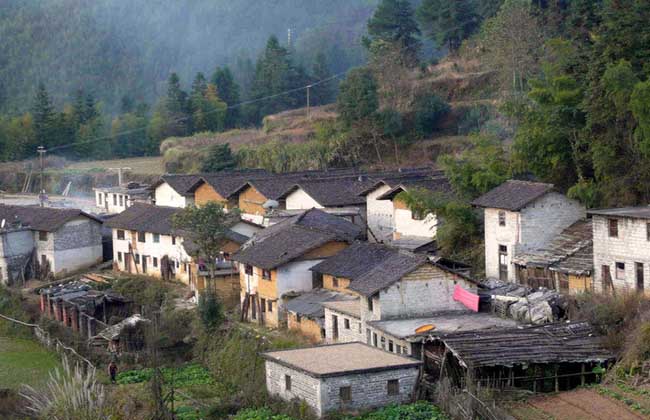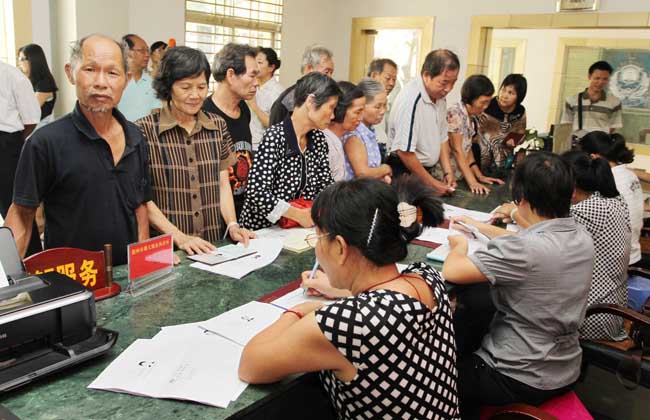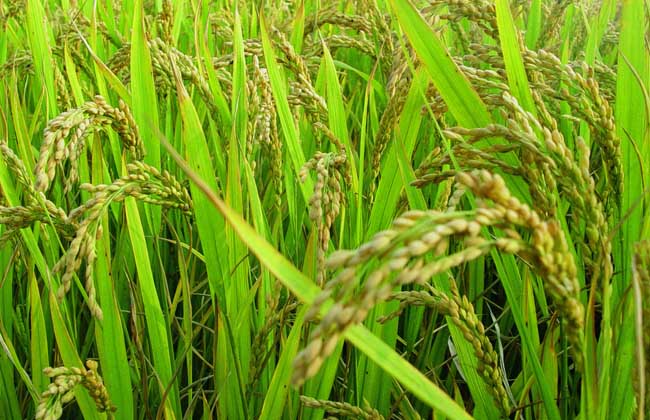Interpretation of the New Policy of Rural Land Reform

Farmers' right to the use of land and the right to the use of rural construction land should be a starting point for the strategic transformation of China's economy. Only when farmers acquire assets and real estate that they can control and dispose of themselves, can they have the capital and foothold to participate in market economic competition, and liberate the surplus labor force from the land. Let's take a look at the interpretation of the new policy of rural land reform.
[land reform policy] improve the land expropriation system, narrow the scope of land expropriation, explore the formulation of expropriation catalogues, strictly define the scope of land for public interest, and improve a reasonable, standardized and diversified security mechanism for land-expropriated farmers.
[policy interpretation] for the sake of public interest, the state can expropriate or expropriate land and give compensation, but in reality, some local governments expropriate farmers' collective land in the name of public interest. but the land is used for real estate development, enterprise project construction and so on. In terms of compensation to farmers, the state stipulates that the land compensation fee and the land resettlement subsidy shall not exceed 30 times the average output value of the land in the previous three years. If compensation is carried out according to the use of agricultural grain, according to the average gross income of 1000 yuan per mu, 30 times per mu is only 30, 000 yuan. After being expropriated, the building will be sold for 5000 yuan per square meter.
[land reform policy] establish a system for entering the market of rural collective construction land, give rural collective construction land the right to sell, lease and invest in shares, and make clear the way to enter the market.
[policy interpretation] in recent years, some local governments rely on "land sales" for a large part of their revenue, but land resources are limited after all. Some cities need to be incorporated into some surrounding rural areas in the process of expansion, which is one of the needs for rural collective construction land to enter the market. Establish a market entry system for rural collective construction land similar to village-run enterprises and factories, and "have the same right and the same price" with state-owned land. Farmers can make use of various ways, such as selling, leasing, and buying shares, to maintain and increase the value of collective construction land!
[land reform policy] reform and improve the system of rural homestead, explore the voluntary and paid withdrawal or transfer of homestead by farmers settled in cities, and reform the examination and approval system of homestead.
[policy interpretation] the basic principle of the pilot homestead reform is that one household is one house. In the future, for historical reasons, many houses or homestead are idle, and the measures that the state may take will be "very simple and violent"-- taxing. Homestead that exceeds the standard and is too large should also be taxed! For the areas with less arable land per capita and relatively developed secondary and tertiary industries, in principle or no longer carry out single scattered homestead distribution, but through the centralized construction of rural apartments and peasant residential areas to implement one household and one house. For those farmers who settle in cities and towns, the homestead in their village can be paid for on the premise of "voluntary" and purchased by the village collective. Henan Province has issued a policy requiring all prefectures and cities to establish rural homestead withdrawal funds, and to give one-off economic subsidies to farmers who voluntarily withdraw from homestead and no longer apply for new homestead.
Related
- A course of planting techniques and methods on how to grow carrots
- How to plant the latest tulips?
- Is it better to pick tea in the morning or in the afternoon? When is the best time for tea to be picked? what is the third or fifth tea?
- Launch Yuanxiao Happy combination Haocha + Tea Yuan healthy Taste
- Penghu Tourism "Fireworks 20 Parade with You"
- 2022 West Lake Happiness holds "Digital Revitalization Voucher" and draws iphone13 and laptop.
- Banqiao Fuzhou social houses are designed to change start-up combined with police elimination to create a safe and livable environment
- The convenient measure of "mechanical weeding" in Xinbei has been abused and the Agriculture Bureau has imposed heavy penalties on the illegal land consolidation.
- Changgeng University Joins Hands with Four Memory Factories to Rescue Memory Talent Shortage
- The list of Taiwan's top 100 MVP managers is listed by the Director-General of the Farmers' Association of Sanxia District.



